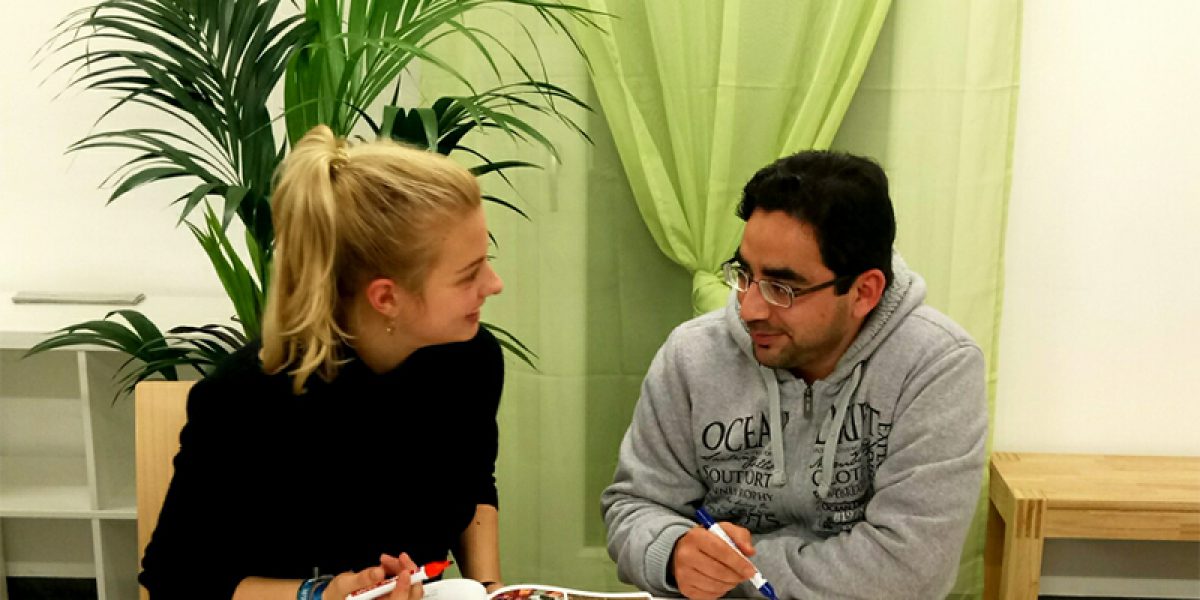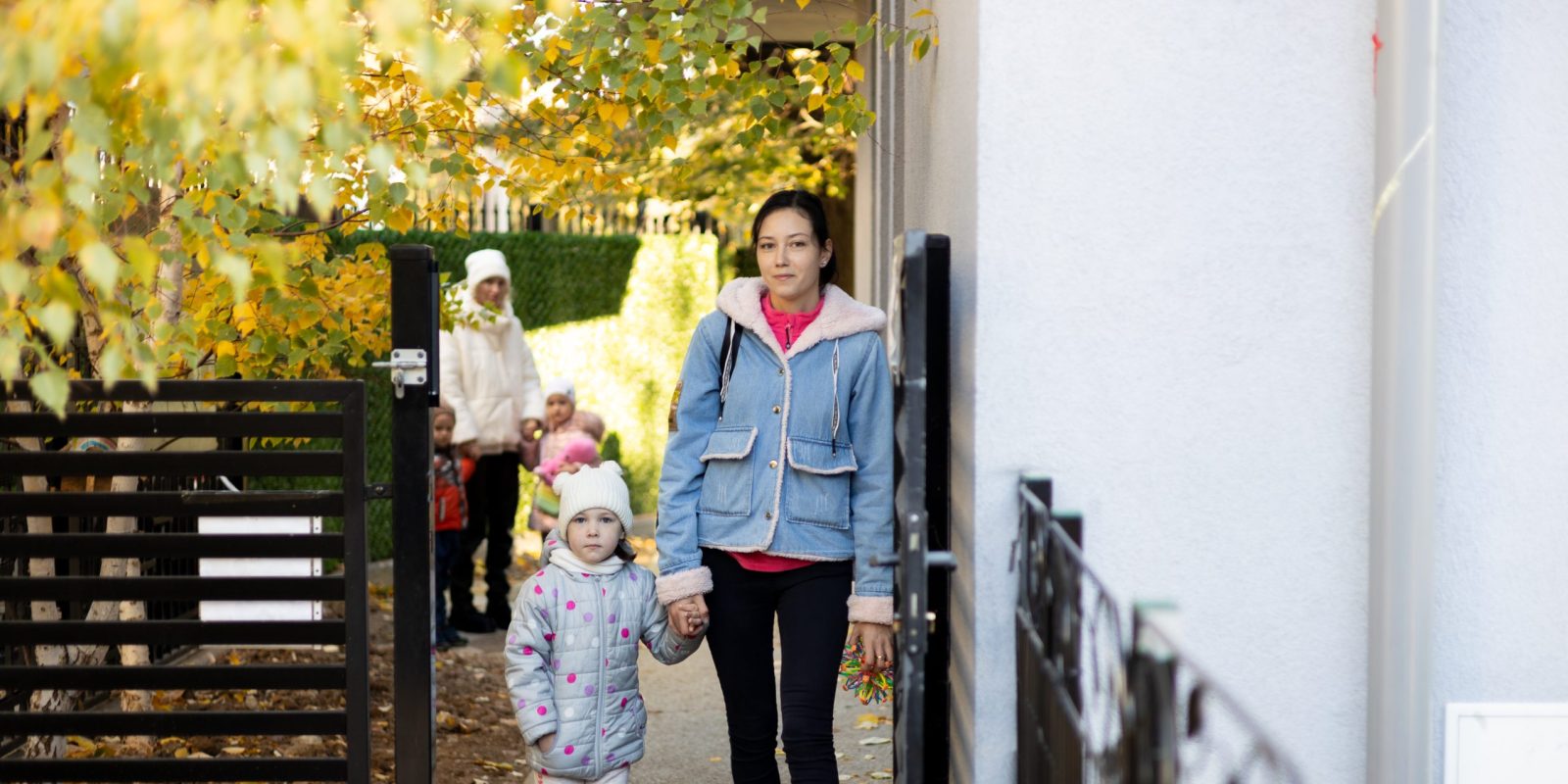
Brussels, 20 June 2019 – Building inclusive societies is not solely about providing people with an adequate standard of living. Refugees should be enabled to use the entirety of their capabilities, assets, income and activities to develop their full potential in the communities they live in, in order to thrive.
This is necessary at any stage of the process: from the moment that people arrive, throughout the asylum process, and even after they are formally accorded refugee status. However, recent examples across Europe show that this is not self-evident. Far from it, recognized refugees often find themselves in a much worse condition than the one they were in while waiting for the decision on their claim.
A phenomenon that among others stems from non-comprehensive European policies that consider refugees as people in transit, who at some point will have to return to their origin countries once the situation there is stabilized. What those policies neglect is some common sense: After all, what matters is that every person is given a real opportunity to advance and use their skills and competencies, whether they live in a society temporarily or permanently.
Therefore, origin should not be a factor on whether a person is provided with the conditions to develop themselves — a person’s prospects should depend on their individual strengths and personality traits. The pursuit of self-development helps restore the dignity and independence of refugees.
Refugees can become the appropriate agents of change. Through their life changing experiences, they can be important catalysts in the struggle against inequalities and support structural change in our communities. A feeling of shared responsibility for mutual development between the local population and refugees can steer intuitively the process. Going beyond the basic requirement of law-abidance, it has to be driven by mutual recognition and mutual esteem.
This goal can be achieved through the following principles:
1. Holistic approach
Mainstreaming integration into a wide-range of policies and legislative proposals that address refugees at every stage of administrative processes. Integration should be the main and overarching consideration while defining new legislation such as the Common European Asylum System reform. Mainstreaming the integration of refugees within broader policies on social inclusion, including both refugees and other local vulnerable groups. Leave no one behind.
2. Full participation
Integration policies should be guided by a clear idea of participation and inclusion. Responsibility for integration rests not with one particular group but rather with many actors – the immigrants themselves, the receiving government, institutions, and communities, to name a few.
3. Delivering
Instead of paying lip-service to uncontroversial general claims, tangible steps need to be taken regarding access to language courses, higher education, training programs and a fair chance in the labour market.
4. Change of perception
It is not sufficient to address discrimination and racism through enacting law, but it is also necessary to prevent racism by challenging public perceptions and promoting encounters between migrants and locals.
5. Stop the “demonization” or “idealisation” of refugees
Refugees should no longer be depicted through a binary and seen either as those who steal our jobs or on the other end, as innocent and helpless people that need our compassion. Both portrayals imply that refugees are one collective population of homogenous people. Although common sense, it is useful to recall that refugees are individual human beings. Every refugee has an individual story and a unique personality.
World Refugee Day offers us an opportunity to reflect on these basic yet important principles. This is the key towards a genuine empowerment of refugees and a meaningful approach to inclusive societies. Both objectives are the two sides of the same coin.

